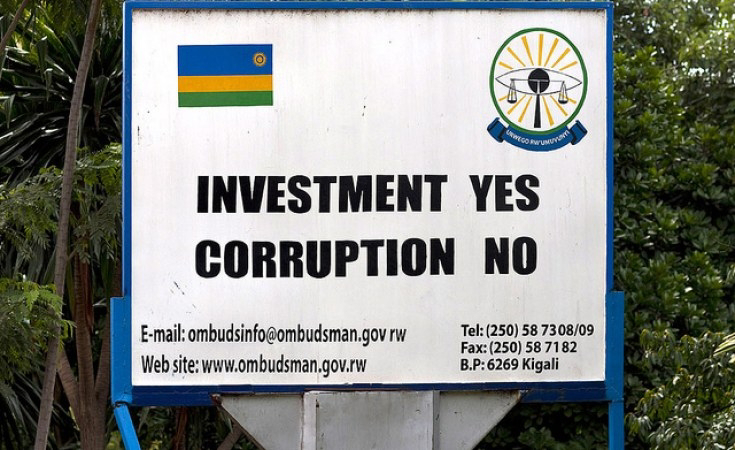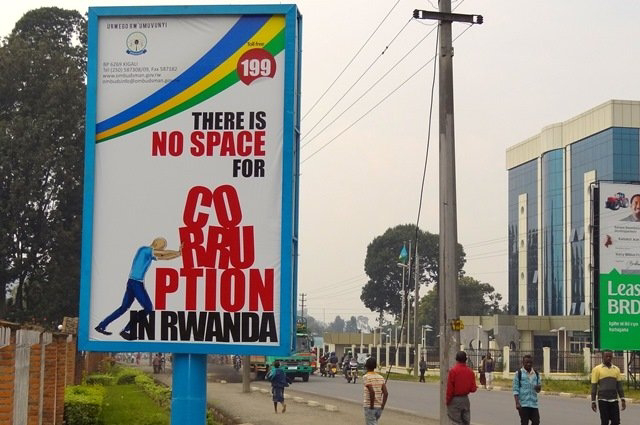Corruption remains a significant challenge for many nations, but Rwanda stands out as a model for its resolute approach to combating this issue. Since the end of the 1994 Genocide against the Tutsi, Rwanda has made remarkable strides in transforming its governance landscape, striving to eradicate corruption and foster a transparent, accountable, and inclusive environment.
1. Strong Leadership and Political Will
At the heart of Rwanda's anti-corruption strategy is a strong commitment from its leadership. President Paul Kagame has consistently emphasized the importance of integrity and transparency in governance. Under his leadership, Rwanda has adopted stringent policies and practices designed to curb corrupt activities. This unwavering political will has been instrumental in driving the country's anti-corruption agenda forward.
2. Comprehensive Legal and Institutional Framework
Rwanda has established a robust legal and institutional framework to address corruption. Key institutions include:
- The Office of the Ombudsman: This body plays a critical role in investigating complaints about corruption and ensuring that public officials adhere to ethical standards.
- The Rwanda Investigation Bureau (RIB): The RIB is responsible for investigating criminal activities, including corruption, and ensuring that perpetrators are brought to justice.
- The National Public Prosecution Authority (NPPA): This authority is tasked with prosecuting corruption-related cases and ensuring that legal actions are taken against those involved in corrupt practices.
Additionally, the Anti-Corruption Law, enacted in 2003, provides a legal framework for addressing corruption, setting clear penalties for offenders, and outlining procedures for investigations and prosecutions.
3. Transparency and Accountability Mechanisms
Rwanda has embraced transparency as a cornerstone of its anti-corruption strategy. Key initiatives include:
- The E-Government Platform*: By digitizing public services, Rwanda has reduced opportunities for corrupt practices and improved efficiency. The platform enables citizens to access services and track government transactions online, reducing the need for face-to-face interactions where corruption might occur.
- The Rwanda Governance Board (RGB): The RGB monitors and evaluates governance practices and provides recommendations for improvement. It plays a vital role in promoting accountability and ensuring that government actions align with public interests.
4. Civic Engagement and Public Awareness
Engaging citizens in the fight against corruption is crucial. Rwanda has implemented several programs to raise awareness about the detrimental effects of corruption and encourage public involvement. Initiatives such as anti-corruption campaigns, educational programs, and community outreach efforts aim to inform the public and empower them to take action against corrupt practices.
5. International Cooperation and Support
Rwanda actively collaborates with international organizations to strengthen its anti-corruption efforts. Partnerships with entities such as the United Nations, World Bank, and African Union provide technical assistance, capacity-building support, and best practices that enhance the country’s ability to combat corruption effectively.
Conclusion
Rwanda's approach to fighting corruption serves as a testament to the impact of strong leadership, comprehensive legal frameworks, transparency initiatives, and public engagement. By maintaining its commitment to these principles, Rwanda continues to make significant strides in creating a governance environment characterized by integrity and accountability. As the country moves forward, its experiences offer valuable lessons for others seeking to combat corruption and build a more transparent and equitable society.
By Kagame Karekezi Fred






Comments
Post a Comment